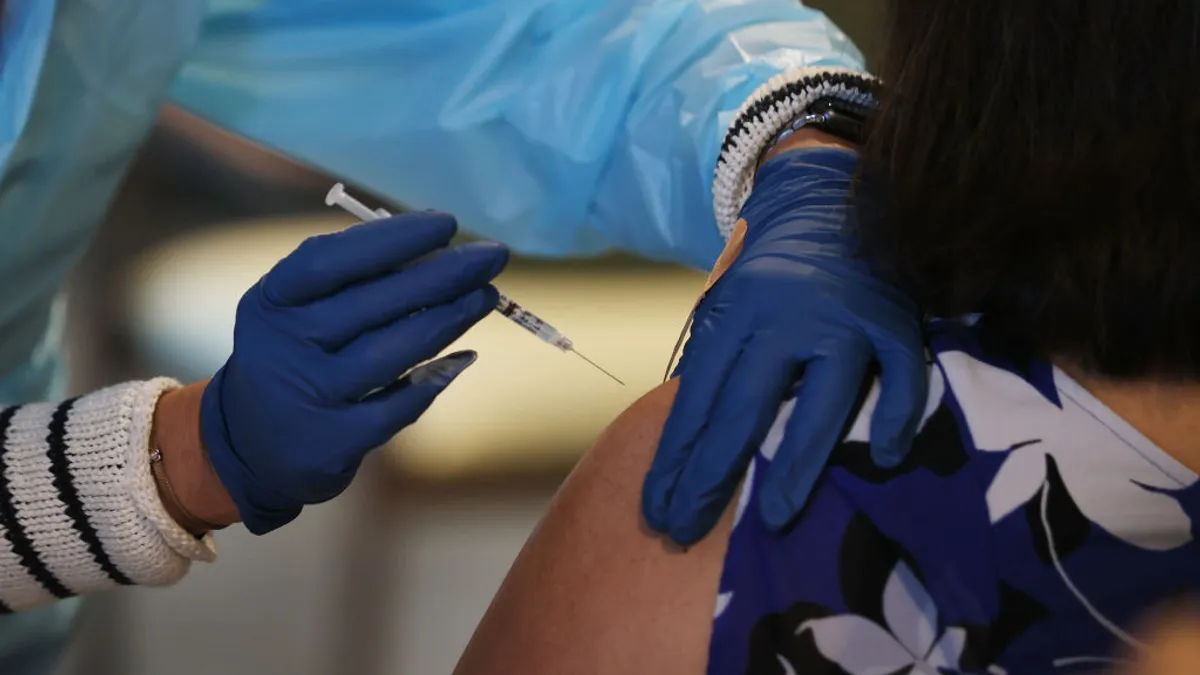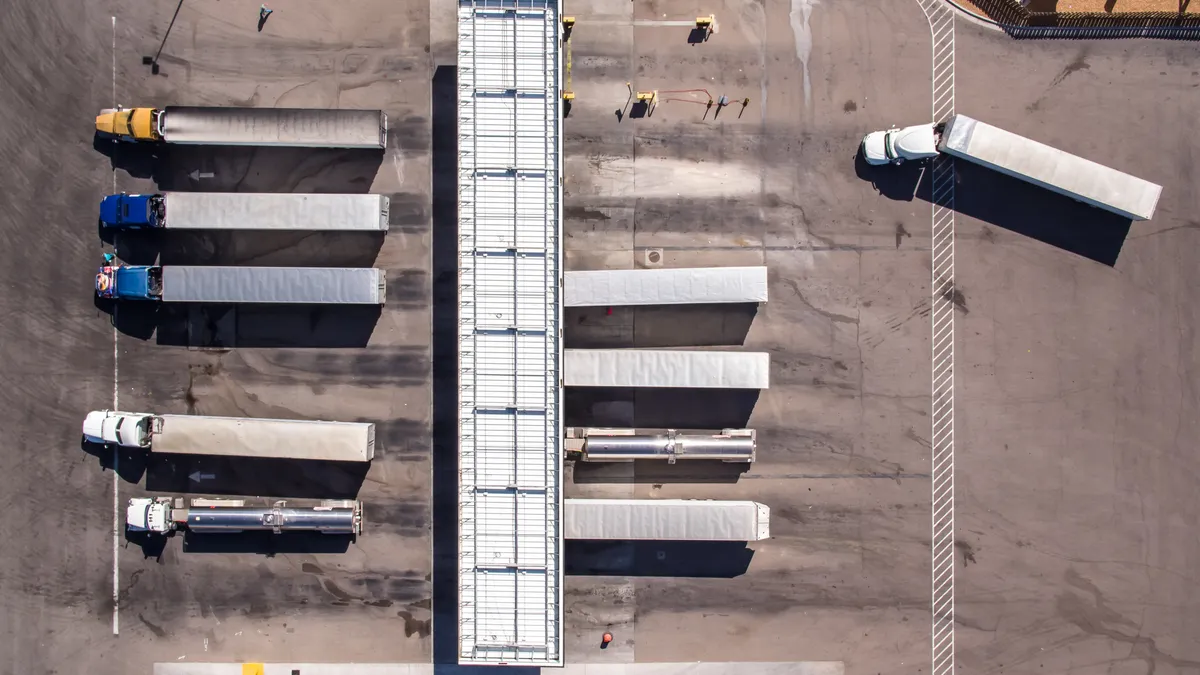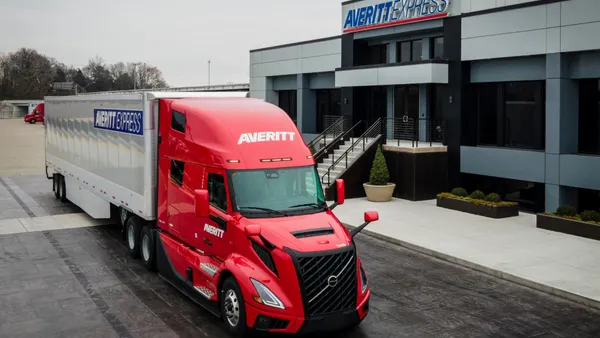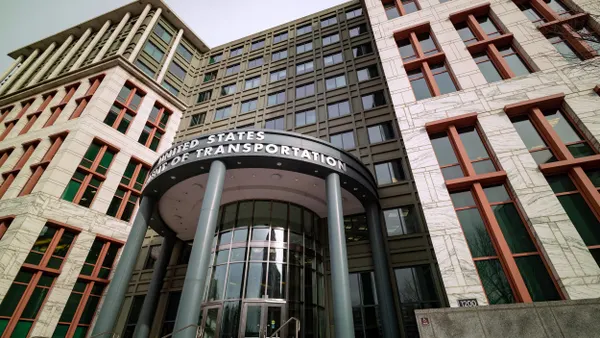Dive Brief:
- Labor Secretary Marty Walsh said on Thursday in a video interview with news outlets that truck drivers and other fleet workers who do not regularly interact with fellow fleet employees are likely to be exempted from the Occupational Safety and Health Administration's sweeping vaccine mandate for private companies with at least 100 workers.
- On Monday, a spokesperson for the Labor Department confirmed to Transport Dive there is indeed a possible exemption for truck drivers. The mandate does "not apply to employees who satisfy an exemption, which includes workers 'who do not report to a workplace where other individuals such as coworkers or customers are present; while working from home; or who work exclusively outdoors,'" the Labor spokesperson said.
- But the Labor Department also noted that drivers who work in teams, "or those who interact with people in buildings at their destinations or starting points," will be subject to the mandate.
Dive Insight:
In seeking to explain the OSHA vaccine mandate and how it will affect the trucking industry, Walsh gave big fleets a huge glimmer of hope on the final rule.
"If you're a truck driver and you're outside, you're in a cab driving by yourself, this doesn't impact you," Walsh said during an interview picked up by multiple news outlets. "If you're a worker outside working in the area, this doesn't impact you."
It's also unclear if the vaccine mandate on large employers will make it to its January start date, in general.
On Thursday, OSHA said employers had until Jan. 4, 2022, to implement a vaccine requirement or offer a regular testing alternative. But then, on Saturday, the 5th U.S. Circuit Court of Appeals temporarily stayed OSHA's emergency rule, due to significant opposition.
The mandate is under attack by opponents who believe it would prompt many workers to leave their employers. Trucking companies have argued employees at big fleets could go to smaller companies with fewer than 100 employees. Drivers could also strike out on their own as owner-operators.
The shift to smaller firms was the central concern of big fleets, whose capacity is already stretched tight by the pandemic and the ongoing turnover and driver shortage, which the American Trucking Associations estimated stands at 80,000.
"The data is certainly showing us that," said Dave Heller, vice president of government affairs at the Truckload Carriers Association. "There are drivers out there who have not made that a secret."
Trucking executives also note that complying with a regular testing requirement could be logistically difficult, given the nature of the driver profession.
A strong push by the ATA and the TCA may help persuade the Biden administration to carve out an exemption for drivers, Heller said.
Chris Spear, ATA president and CEO, said his organization will try to ensure an exemption sticks.
"While we complete our due diligence to confirm that fact through official channels, we see quotes from Labor Secretary Walsh as an enormous victory for our association and industry," Spear said on Friday. "Given the nationwide shortage of truck drivers, it is vital that our industry has the relief it needs to keep critical goods moving, including food, fuel, medicine and the vaccine itself."









